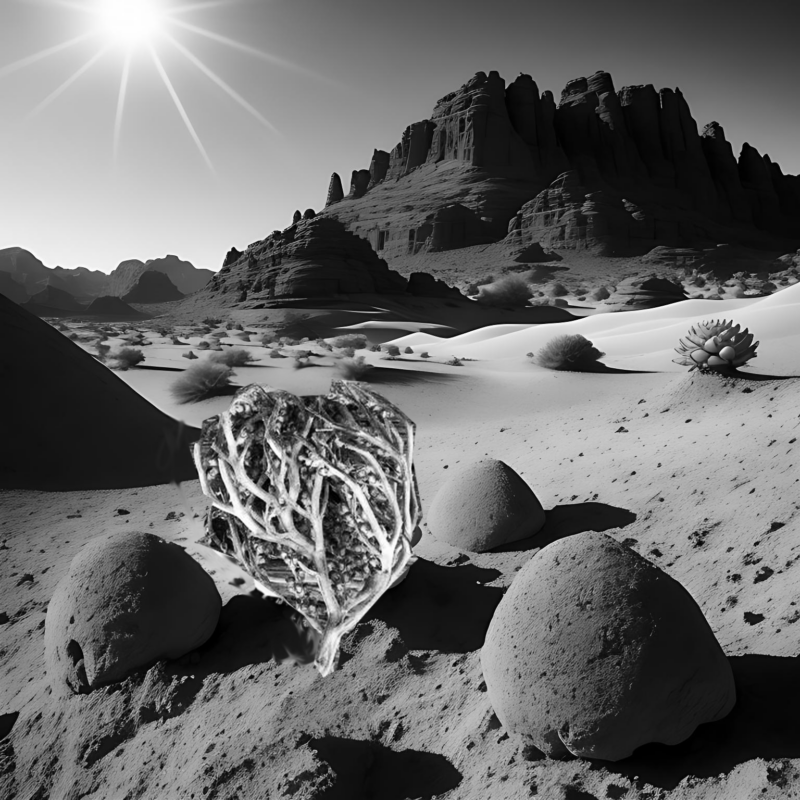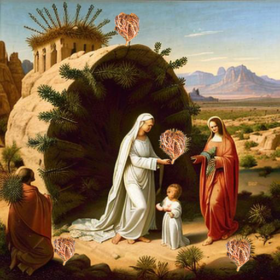Rose of Jericho
Christian communities and the Rose of Jericho
The real Rose of Jericho is a miraculous plant that has been a significant part of the Christian faith for centuries. This plant has various names, including Anastatica hierochuntica, Resurrection Plant, and Jericho Rose. It is a member of the Brassicaceae family and is indigenous to the deserts of the Middle East, specifically the Holy Land.
The plant is known for its unique ability to survive long periods of drought and then revive when watered. Its name “Resurrection Plant” comes from this characteristic, as it appears to come back to life after being completely dead. This plant has been a symbol of resurrection and new life in Christian theology, and its ability to survive in harsh conditions has made it a significant part of Christian communities’ lives for centuries.
The Rose of Jericho or the Real rose of Jericho anastatica-hierochuntica is the true rose, and its appearance is more like a tumbleweed. It is, looking like a dried brown ball, When it is placed in water, it open again, and begins to revive. This process of rehydration takes a few hours, and after that, the plant can stay open for several days before drying out again.
The Rose of Jericho is cultivated by Christian communities in the Holy Land, including Bethlehem, Nazareth, and Jerusalem. It is often sold to tourists as a religious souvenir or as a symbol of faith. The plant is also used in various religious ceremonies, including baptisms, weddings, and funerals. In the Christian faith, the Rose of Jericho is believed to have healing properties and is used in spiritual healing practices.
Aside from the Holy Land, the Rose of Jericho is also cultivated in other parts of the world, including North Africa, Southern Europe, and the Arabian Peninsula. It is a popular plant among collectors and hobbyists who are fascinated by its unique properties. In recent years, the Rose of Jericho has gained popularity as a decorative plant, and it is now being used in homes and offices as a symbol of renewal and hope.
Despite the Rose of Jericho’s popularity, the plant is becoming increasingly rare in its natural habitat due to over-harvesting and habitat loss. This has led to the plant’s inclusion in the International Union for Conservation of Nature’s Red List of Threatened Species. Efforts are being made to protect the plant and its natural habitat, including education programs for local communities and the promotion of sustainable harvesting practices.
The Rose of Jericho is a miraculous plant that has been a significant part of the Christian faith for centuries. Its ability to survive in harsh conditions and its unique properties have made it a symbol of resurrection, new life, and hope. Christian communities in the Holy Land have cultivated the plant for, the plant is becoming increasingly rare in its natural habitat, and conservation efforts are needed to protect this unique and valuable plant for future generations.



